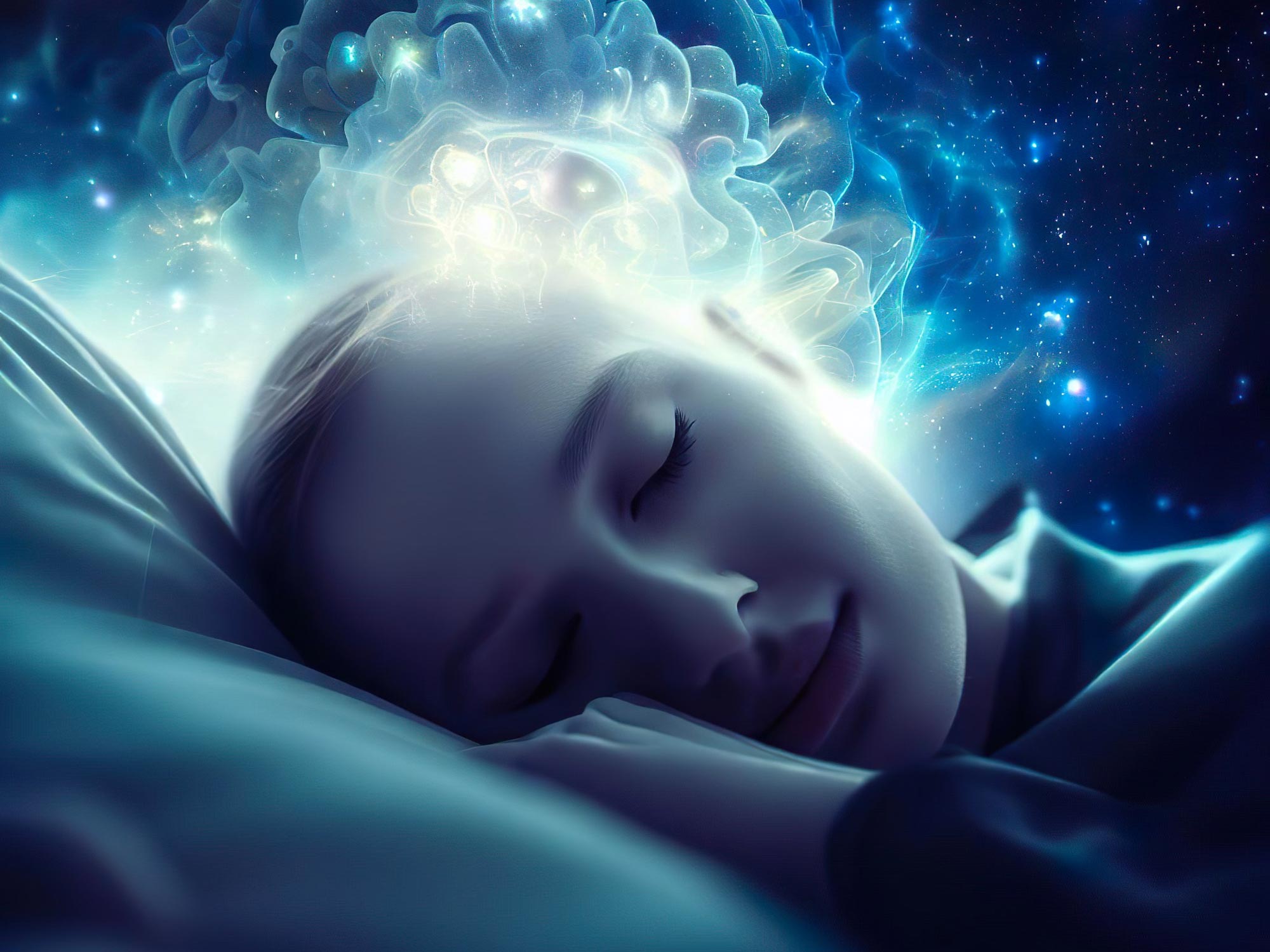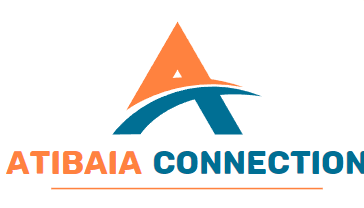
Pesquisadores da UCLA Health e da Universidade de Tel Aviv encontraram evidências para apoiar a teoria de que o cérebro fortalece a memória durante o sono. Este estudo usou estimulação cerebral profunda direcionada em pacientes com epilepsia, o que resultou em melhor consolidação da memória. Esses achados podem ser de grande ajuda no tratamento de distúrbios de memória.
Os pesquisadores também relatam a primeira evidência direta para apoiar uma teoria chave de como a memória humana é consolidada durante o sono.
Embora se saiba que o sono desempenha um papel importante na consolidação da memória, os cientistas estão tentando decodificar como esse processo funciona no cérebro durante a noite.
Uma nova pesquisa liderada por cientistas da Universidade da Califórnia, Los Angeles (UCLA) Health e da Universidade de Tel Aviv fornece a primeira evidência fisiológica de dentro do cérebro humano que apóia a teoria científica dominante de como o cérebro consolida a memória durante o sono. Além disso, os pesquisadores descobriram que a estimulação cerebral profunda direcionada em um momento crítico do ciclo do sono melhorou a consolidação da memória.
A pesquisa, publicada em 1º de junho na revista neurociência naturalA estimulação cerebral profunda durante o sono pode um dia fornecer novas pistas sobre como ajudar pacientes com problemas de memória[{” attribute=””>Alzheimer’s disease, said study co-author Itzhak Fried, MD, PhD. This was achieved by a novel “closed-loop” system that delivered electrical pulses in one brain region precisely synchronized to brain activity recorded from another region.
According to the dominant theory for how the brain converts new information into long-term memories during shuteye, there’s an overnight dialogue between the hippocampus – the brain’s memory hub – and the cerebral cortex, which is associated with higher brain functions like reasoning and planning. This occurs during a phase of deep sleep, when brain waves are especially slow and neurons across brain regions alternate between rapidly firing in sync and silence.
“This provides the first major evidence down to the level of single neurons that there is indeed this mechanism of interaction between the memory hub and the entire cortex,” said Fried, the director of epilepsy surgery at UCLA Health and professor of neurosurgery, psychiatry and biobehavioral sciences at the David Geffen School of Medicine at UCLA. “It has both scientific value in terms of understanding how memory works in humans and using that knowledge to really boost memory.”
The researchers had a unique opportunity to test this theory of memory consolidation via electrodes in the brains of 18 epilepsy patients at UCLA Health. The electrodes had been implanted in the patients’ brains to help identify the source of their seizures during hospital stays typically lasting around 10 days.
The study was conducted across two nights and mornings. Just before bedtime, study participants were shown photo pairings of animals and 25 celebrities, including easily identifiable stars like Marilyn Monroe and Jack Nicholson. They were immediately tested on their ability to recall which celebrity was paired with which animal, and they were tested again in the morning after a night of undisturbed sleep.
On another night, they were shown 25 new animal and celebrity pairings before bedtime. This time, they received targeted electrical stimulation overnight, and their ability recall the pairings was tested in the morning. To deliver this electrical stimulation, the researchers had created a real-time closed-loop system that Fried likened to a musical conductor: The system “listened” to brain’s electrical signals, and when patients fell into the period of deep sleep associated with memory consolidation, it delivered gentle electrical pulses instructing the rapidly firing neurons to “play” in sync.
Each individual tested performed better on memory tests following a night of sleep with the electrical stimulation compared to a night of undisturbed sleep. Key electrophysiological markers also indicated that information was flowing between the hippocampus and throughout the cortex, providing physical evidence supporting of memory consolidation.
“We found we basically enhanced this highway by which information flows to more permanent storage places in the brain,” Fried said.
Fried in 2012 authored a New England Journal of Medicine study that for the first time showed that electrical stimulation can strengthen memory, and his work has continued to explore how deep brain stimulation could improve memory, now moving into the critical stage of sleep. He recently received a $7 million NIH grant to study whether artificial intelligence can help pinpoint and strengthen specific memories in the brain.
“In our new study, we showed we can enhance memory in general,” Fried said. “Our next challenge is whether we have the ability to modulate specific memories.”
Reference: “Deep brain stimulation during sleep enhances human brain synchrony and memory” 1 June 2023, Nature Neuroscience.
DOI: 10.1038/s41593-023-01342-3
Yuval Nir of Tel Aviv University co-supervised the study with Fried. Other authors include lead author Maya Geva-Sagiv, as well as Emily Mankin, Dawn Eliashiv, Natalie Cherry, Guldamla Kalender and Natalia Tchemodanov from UCLA, and Shdema Epstein from Tel-Aviv University.
Funding: National Science Foundation, U.S.-Israel Binational Science Foundation, NIH/National Institute of Neurological Disorders and Stroke, European Research Council

“Especialista em comida hardcore. Guru da web sutilmente encantador. Jogador. Pioneiro típico da cerveja. Viciado em álcool. Amante de café. Fã de viagens irritantemente humilde.”





More Stories
Donald Trump pode trocar o companheiro de chapa JT Vance por Nikki Haley depois de pensar duas vezes, disse o ex-assessor de Clinton
Charles Barkley considerará acordos com ESPN, NBC e Amazon se a TNT não honrar totalmente o acordo de US$ 210 milhões
Alphabet (GOOG) subiu com forte relatório de lucros